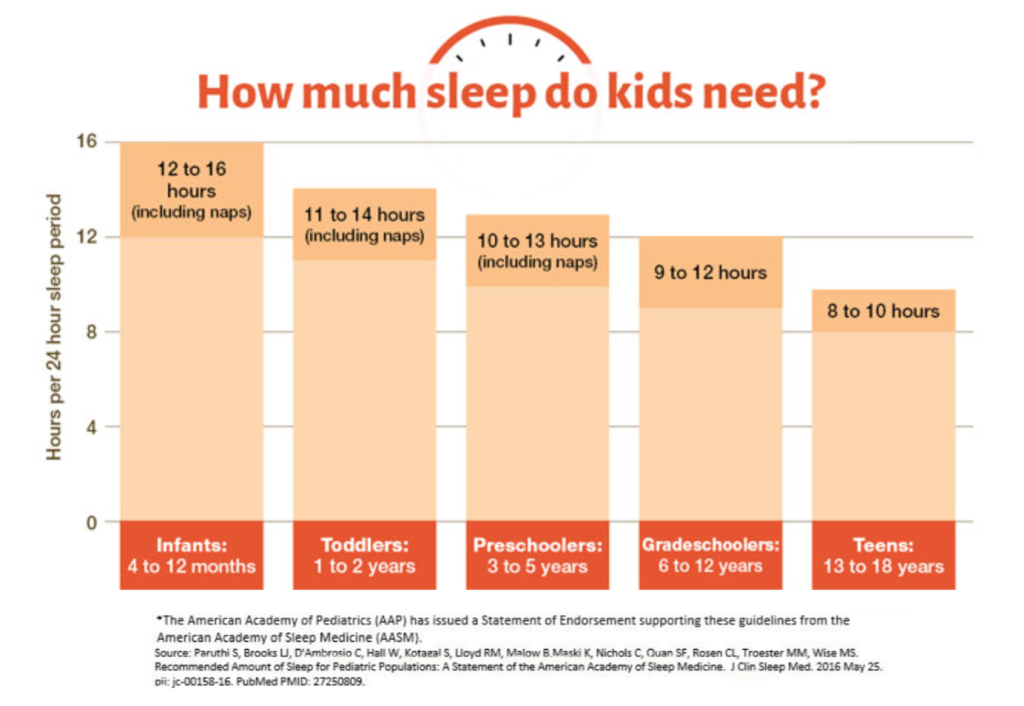Your First Night Home: Newborn Sleep
Updated Feb 1, 2022- One of the great joys we have here at Let Mommy Sleep is transitioning first time parents home from the hospital with their newborns. This blog, Your First Night Home with Baby: Newborn Sleep, is the first of our three part series, “Your First Night Home with Baby,” and answers our most commonly asked newborn sleep questions. As humans we’re programmed to be, well, terrified that first night because we’re fiercely protective, so it’s completely normal to feel anxiety. Knowing what’s typical and what’s not can help parents’ confidence so

Getting Ready for Bed
What should my baby wear?
The rule of thumb is that baby should wear what you would be comfortable in, plus 1 layer. For example, a recommended outfit for baby to sleep in would be a onesie, footed pajamas and swaddle blanket.
How about a hat?
As Rachelle Bernard, RN says in Mom.com, remember to keep baby’s hat on if you’re awake and off if you’re asleep. Those little hats can move and become a safety hazard so when don’t have eyes on baby, practice the ABC’s of safe sleep by removing baby’s hat.
How do I swaddle?
Swaddling mimics the feel of the womb which is a comfort to baby. That is why the “baby burrito” is universally recommended. Here are two easy swaddling techniques you can do with a simple baby blanket.
But my baby is busting out of the swaddle, what do I do?
For newborns, give baby a snug swaddle. At this age baby’s movements are not always purposeful and the reflexive movements they have can keep them awake. A snug swaddle will help.
Where should my baby sleep?
The American Academy of Pediatrics (AAP) recommends room-sharing but not bed-sharing. This means that your baby is sleeping in the same room as you, but not in the same bed. A flat bassinet next to the bed is an ideal set-up; baby should be alone (no blankets or stuffed animals), on a flat, firm mattress and flat on their back to adhere to safe sleep recommendations.
Your First Night Home: Newborn Sleep – What’s Typical?
How often can I expect my baby to wake up overnight?
Babies don’t develop regular sleep cycles until about 6 months of age. Their stomachs are also tiny which means they need to eat and have diaper changes through the night. All of these things mean that unpredictable and staggered sleep are normal. Waking every 2-3 hours to eat can also be normal, particularly for babies coming home from the NICU where they got used to scheduled feedings but don’t be surprised if your baby’s sleep is all over the place.
***Bonus Question – What are Baby Sleep Guidelines?*** – Check out the American Academy of Pediatrics Childhood Sleep Guidelines below. Notice anything?! That’s right, ages 0-4 months aren’t even included! So, chances are, whatever your baby is doing is normal! Of course check with your pediatrician if you’re unsure, but even the AAP is like Oh you have an infant that sleeps sometimes? And sometimes doesn’t? Yup, sounds right to us! 🙂

All of this said, while it’s expected that the first nights/weeks home with baby will include overnight waking, the awake times are generally short and peaceful. The “sleepy newborn” stage is real as your baby gets used to the world. Being ready with milk or formula when baby wakes will usually keep their time awake shorter, with less crying rom hunger as well.
My baby is super sleepy, should I wake-to-feed?
It makes sense that babies are pretty sleepy after being born- birth was really exciting for them too! Babies of healthy weight don’t usually need to be woken up to feed but it’s a great question to ask your team before leaving the hospital or birthing center. Babies that have jaundice may need to be woken to feed as milk/formula allows bilirubins (the cause of the yellow color) to pass through baby and if that’s a concern, your pediatrician will direct waking baby to feed. Also if babies are underweight when born, or have lost more weight than expected since birth they may need to eat more often.
It’s important to note that both of these instances are not uncommon and often very easily corrected and that early feeding decisions should be made with the child’s primary care physician.
So how do I wake baby to feed?
To wake baby, first loosen swaddle and clothes. If this does not work then undress baby down to a onesie. Changing babies diaper can also help waken them to feed. Turning on the light does not work. In fact, light will encourage newborns to close their eyes!
Anything Else I need to Know About Sleep?
Help! My baby seems to stop breathing for a long time! Is this normal?
A baby’s breathing patterns are not like an adults and they may experience periods of apnea, which means they are temporarily not breathing for several seconds. Check out our previous article, Newborn Breathing Patterns-What’s Normal, to find a good breakdown of normal newborn breathing patterns. However, as always, if you feel something is just not right, please notify your child’s pediatrician.
I know sleep deprivation is normal, but is there any way my partner and I can get more sleep?
Yes! You all can decide on a sleep schedule for yourselves by each taking a block of hours where you are “off.” For example, 2 parent is off from 9pm – 2am and the other is off from 2am – 7am. Better yet, give each other 2 or 3 entire 8 hour nights off. Resist the urge to watch Netflix during your off time, keep sleep as the priority for now.
But I’m breastfeeding and still have to get up, how can *I* get a block of sleep?
In the early weeks before pumped milk is an option, yes, the breastfeeding parent will need to nurse. And even when overnight bottles are available your body will still wake you because your breasts will be full. You can make this as easy as possible by having your partner bring baby to you, do all the diaper changing and soothing back to sleep. Your partner can also be on pump duty if you need to express milk; making sure the pump is within your reach and then bringing milk to the fridge. Ideally you will never have to get out of bed on your nights off. It’s not perfect but you’ll definitely get more sleep.
“Your First Night Home with Baby: Questions About Newborn Sleep” is the first in our three part “Your First Night Home with Baby” series. Here are part 2, “Your First Night Home: FEEDING“. And Part 3, “Your First Night Home: DIAPERING & BATHING.”
Categories
- Corporate Care & Partners
- COVID19 Archive
- En Espanol
- Expert Guides
- Hiring a Night Nanny
- Infant Safety
- Infant Sleep Hub
- Newborn Care
- Postpartum Health
- Twins & Multiples
- Work as a Night Doula
- zPost Archives
